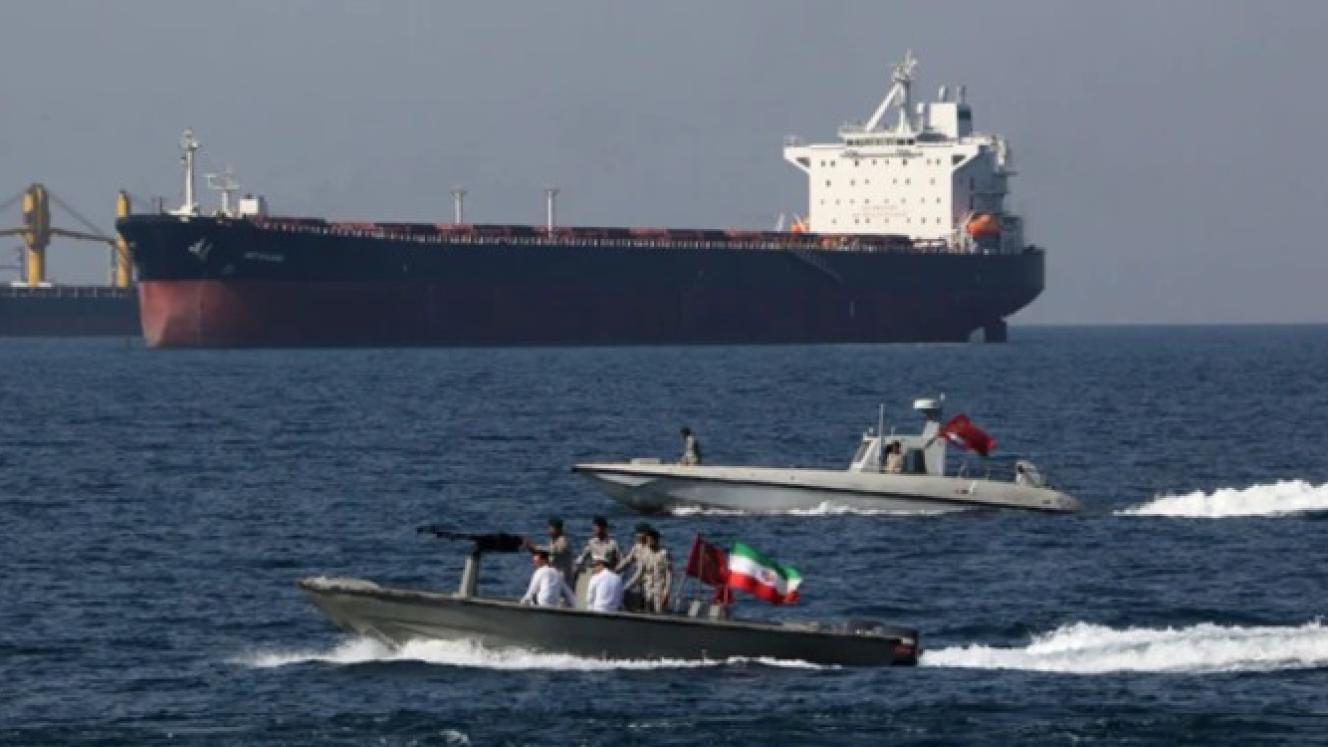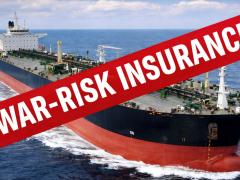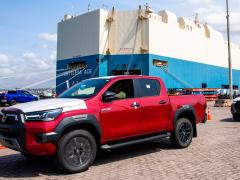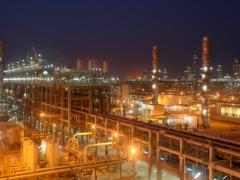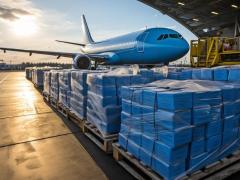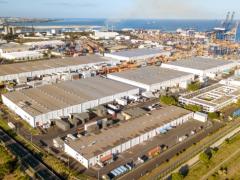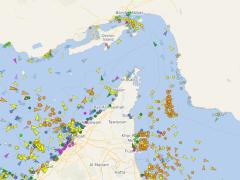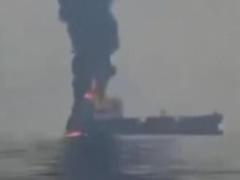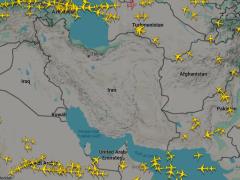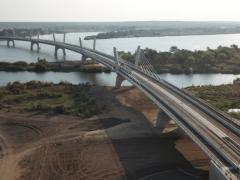Economic growth in the Western and Eastern Cape is being driven by committed local businesses, with politicians and officials either hindering or assisting.
Once ruled as a single province, the two halves are now separated by a virtual blue line.
The divide is driven home on the border between the two on the R62, where the road transforms from an upgraded transport route on the Western side to a narrow (albeit paved) track without shoulders.
What is common is that the provincial governments need business to become involved in upgrading the logistics infrastructure of roads, rail, ports and airports to support economic growth and job creation.
The difference lies in the philosophies of the two governing parties – a pro-business Democratic Alliance in the Western Cape and the largely socialist tendencies of Eastern Cape leaders, combined with a higher tolerance for corruption.
The Western Cape’s “Growth for Jobs Strategy” is premised on a recognition that the private sector creates jobs, while the state needs to create an environment in which people and businesses are enabled to create and exploit opportunities as they arise.
- Read the rest of this article and more in our Freight Features edition of "The Cape", available on Friday, 15 May.

